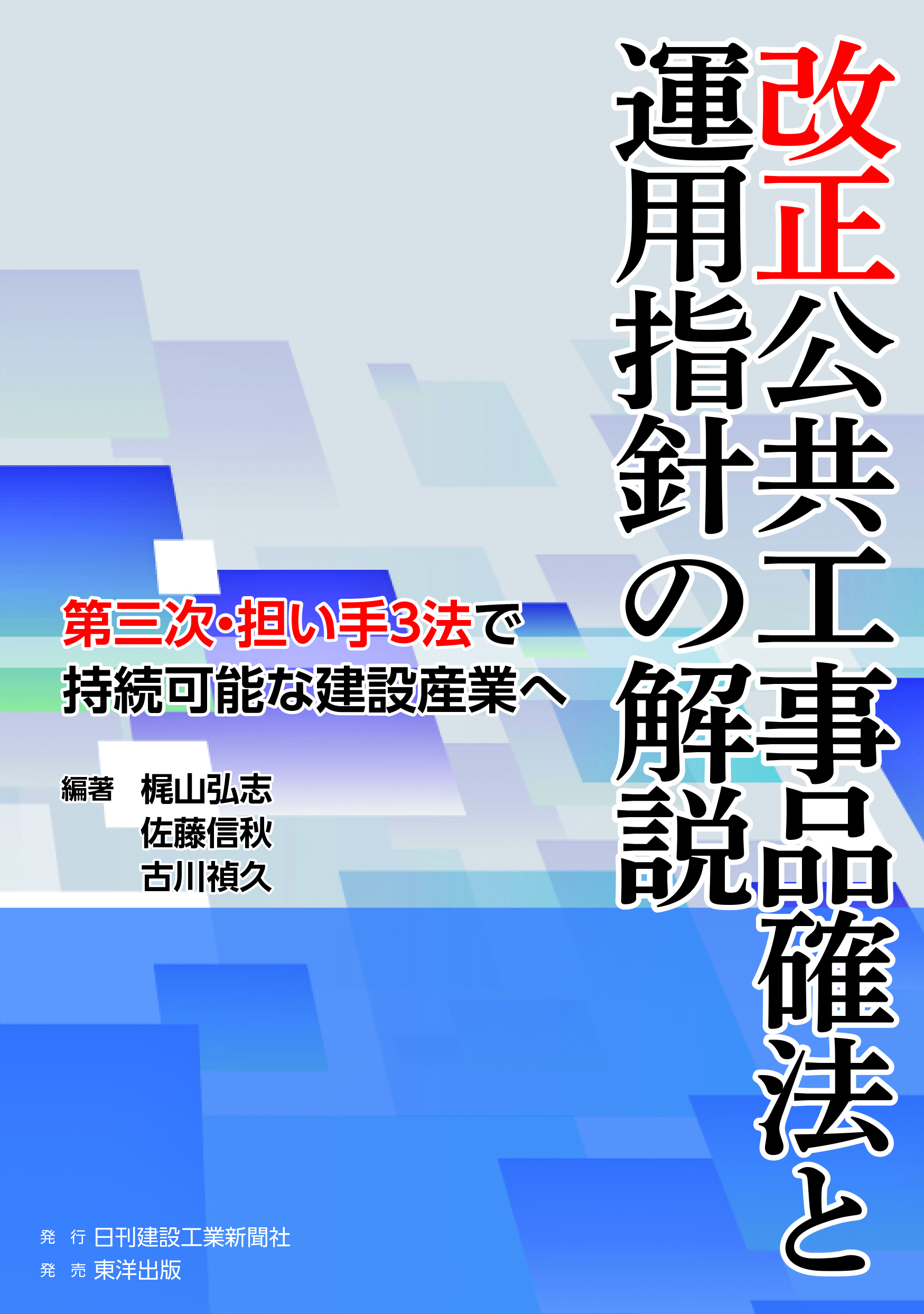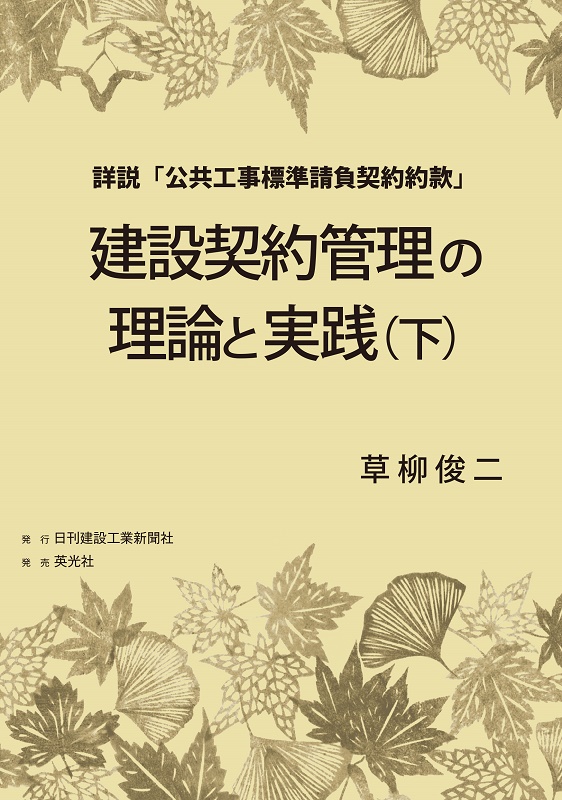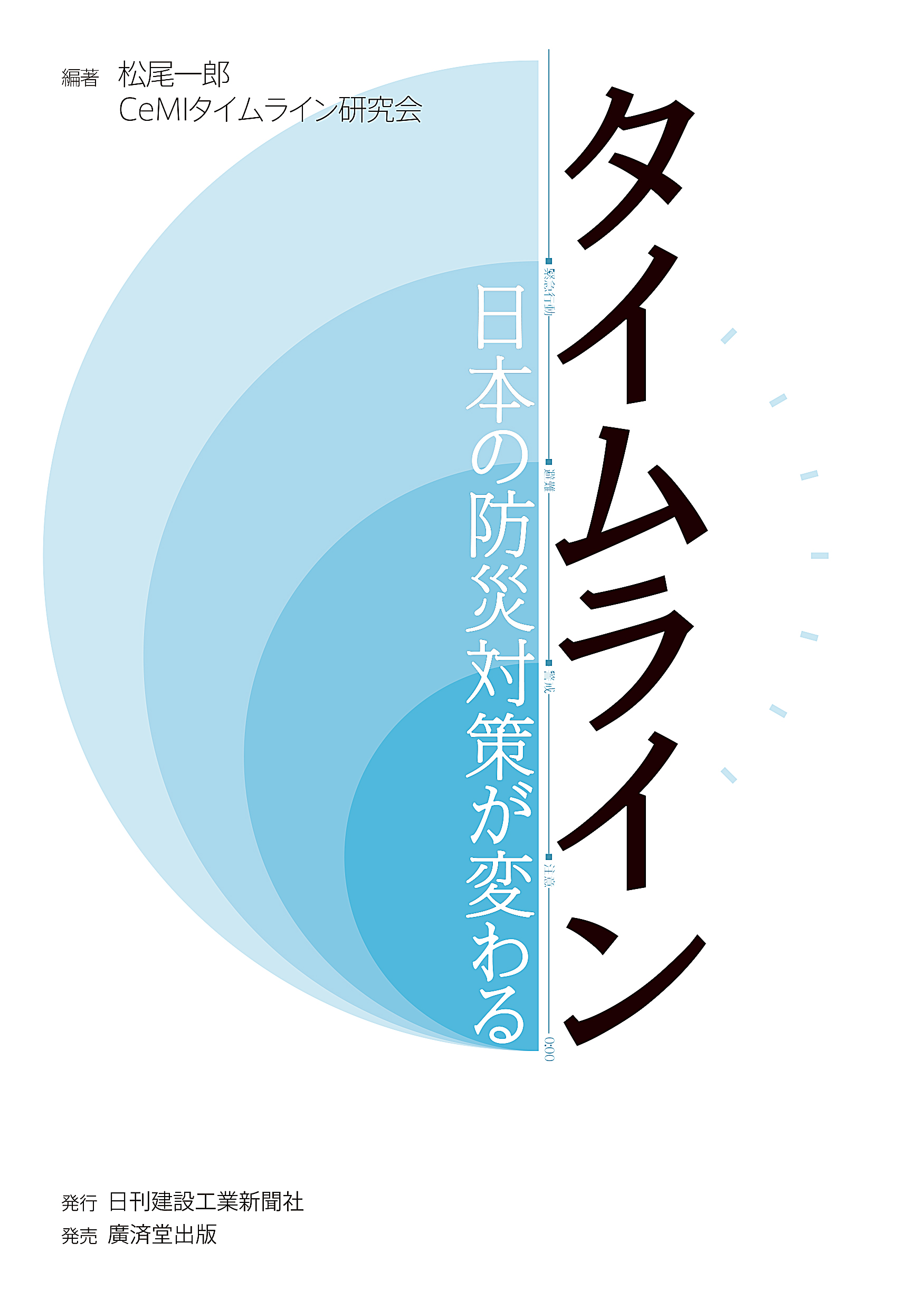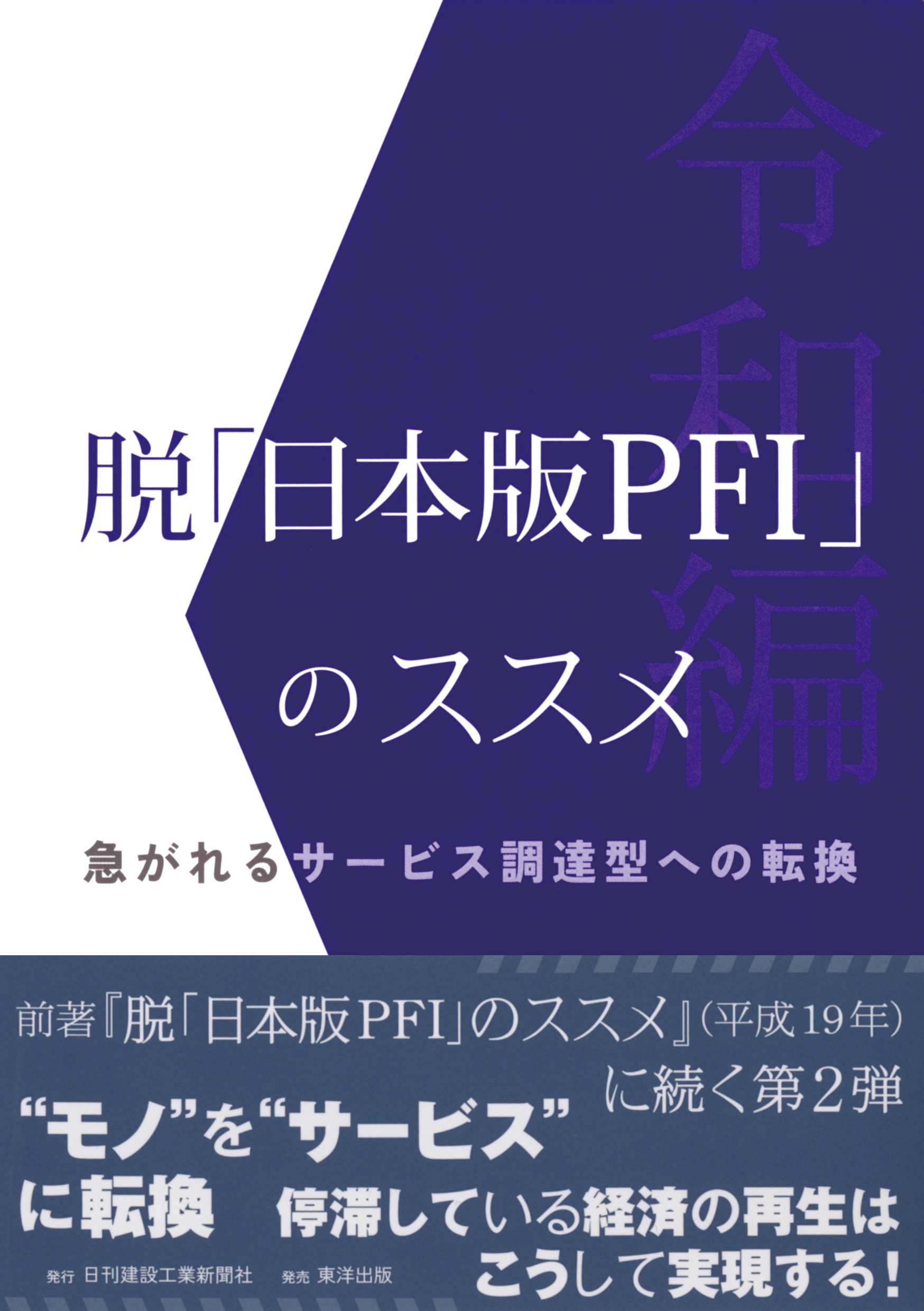Japanese new Prime Minister Shigeru Ishiba delivered his policy speech at the plenary sessions of both houses of parliament on October 4th, outlining the government's direction on major issues such as economic growth and disaster preparedness. Inheriting economic policies from the previous Kishida administration, he emphasized the goal of "sustained wage increases that outpace inflation." Stressing the need for immediate responses to frequent large-scale disasters, Ishiba declared, "We must establish a disaster-resilient nation where human life is the top priority." In addition to promoting disaster prevention, mitigation, and national resilience, he announced preparations for the establishment of a dedicated "Disaster Management Agency" with a full-time minister to ensure continuous preparedness during peacetime.
Regarding economic measures, Ishiba pledged to support a shift from a "cost-cutting economy" to one focused on "high-value-added creation." He stressed, "To achieve a virtuous cycle of wage increases and alleviating labor shortages, we will enhance individual productivity, create higher added value, increase incomes, and realize wage growth that surpasses inflation."
He committed to raising the minimum wage through appropriate price pass-throughs and support for productivity improvement, aiming to achieve a high national average of 1,500 yen during the 2020s. As part of this effort, Ishiba announced that a comprehensive economic package, including measures to address rising prices, would be formulated promptly.
In terms of disaster preparedness, the Prime Minister called for thorough preemptive measures. Ahead of establishing the Disaster Management Agency, he announced plans to drastically strengthen the current Cabinet Office’s disaster management functions, both in terms of budget and personnel. He also vowed to reassess the management of evacuation shelters to prevent "disaster-related deaths" during the evacuation phase, while establishing a public-private partnership system before disasters happen to ensure swift post-disaster responses.
Drawing on his experience as Japan's first Minister for Regional Revitalization, Ishiba reaffirmed his belief that "local regions are the main drivers of growth." He pledged to revitalize regional development policies under the banner of "Regional Revitalization 2.0," learning from both past achievements and lessons. As a concrete measure, he set a goal to double regional revitalization grants in the initial budget base. (2024/10/07)



















